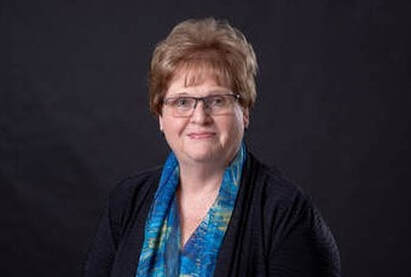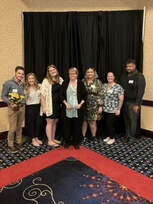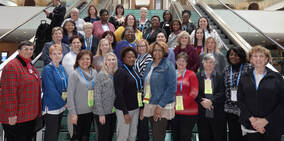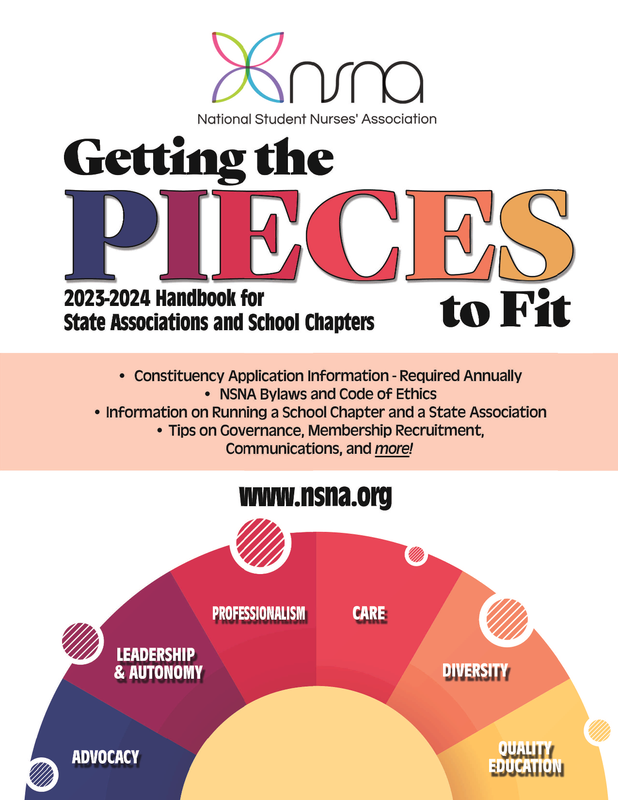Faculty Advisors &
Faculty Advisors/State Consultants:
If you would like to be added to the faculty/consultant list and/or update your contact information,
please use the following form.
If you would like to be added to the faculty/consultant list and/or update your contact information,
please use the following form.
2024 Weingarten Leader of Leaders Winner
Desma Reno, Consultant
Missouri Student Nurses Association, MO
Desma Reno, Consultant
Missouri Student Nurses Association, MO
Sponsored by Michael S. and Carol Toussie Weingarten
The Weingarten Leader of Leaders Award is presented to an outstanding dean, faculty advisor, or state consultant who demonstrates distinguished support and service to nursing students. NSNA school and state constituents may nominate one outstanding individual for the award. Official NSNA Chapters may nominate Faculty Advisors/Deans/State Consultants for this award.
For more Information: https://nsnaawards.weebly.com/leader-of-leaders.html
The Weingarten Leader of Leaders Award is presented to an outstanding dean, faculty advisor, or state consultant who demonstrates distinguished support and service to nursing students. NSNA school and state constituents may nominate one outstanding individual for the award. Official NSNA Chapters may nominate Faculty Advisors/Deans/State Consultants for this award.
For more Information: https://nsnaawards.weebly.com/leader-of-leaders.html
|
|
Recognition |
The Value of NSNA
The NSNA Board of Directors describes the value of NSNA to help secure
faculty support for member involvement.
Please take a moment to read these extraordinary testimonials.
ABOUTservices |
|






